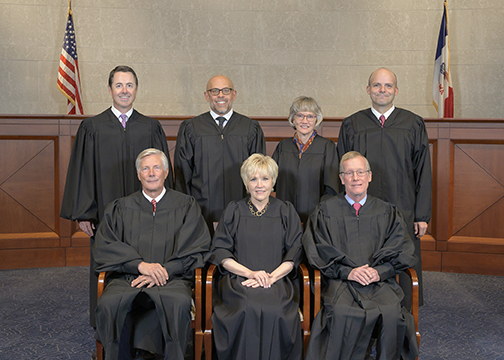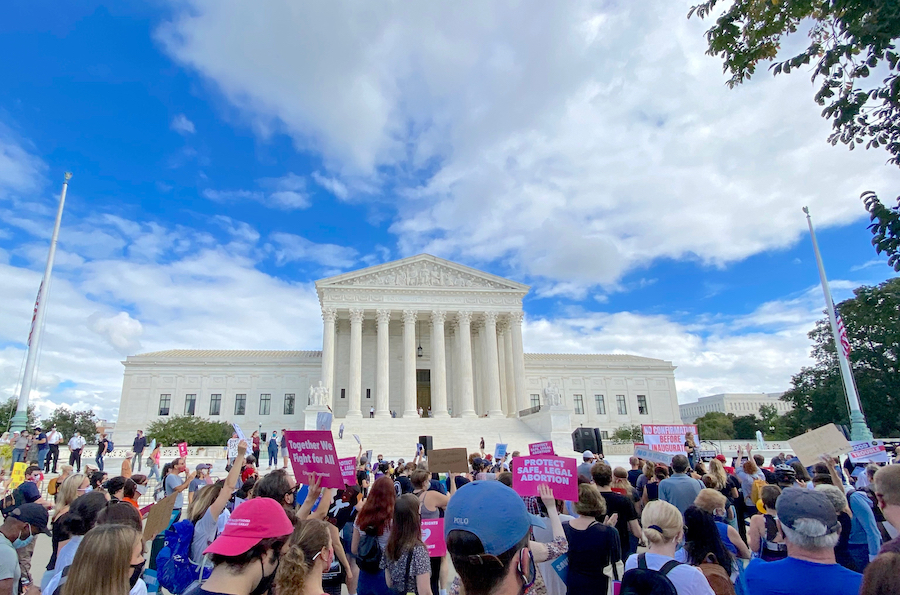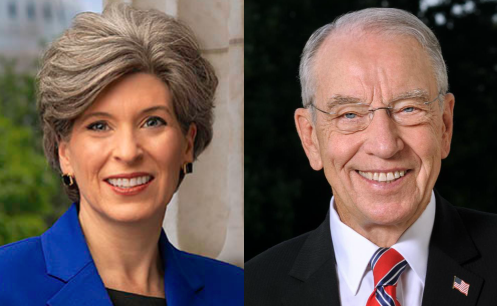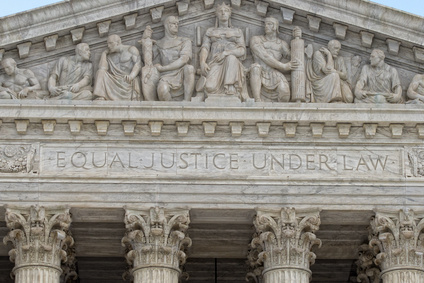“Nothing promotes life like a forced hysterectomy preventing a woman from ever becoming pregnant again because she could not terminate a doomed pregnancy under the medical emergency exception,” wrote Iowa Supreme Court Chief Justice Susan Christensen near the end of her dissenting opinion in Planned Parenthood v Reynolds VI.
In that case, four Iowa Supreme Court justices ruled on June 28 that the state can enforce a near-total abortion ban (House File 732) while litigation proceeds in lower court. Reversing a Polk County District Court ruling, the majority determined the plaintiffs were not likely to succeed in showing the ban violates pregnant Iowans’ due process rights. The majority also declared that abortion restrictions are subject to “rational basis” review, which will make it far easier for the government to defend the law against the plaintiffs’ other constitutional claims.
Writing in dissent, the chief justice illuminated the suffering that will follow from this “giant step backward” for Iowa women. An equally remarkable opinion by Justice Edward Mansfield—the author of the 2022 decision that overturned Iowa’s abortion rights precedent—warned that the majority’s new approach to abortion cases “disserves the people of Iowa and their constitution.”
Continue Reading...



